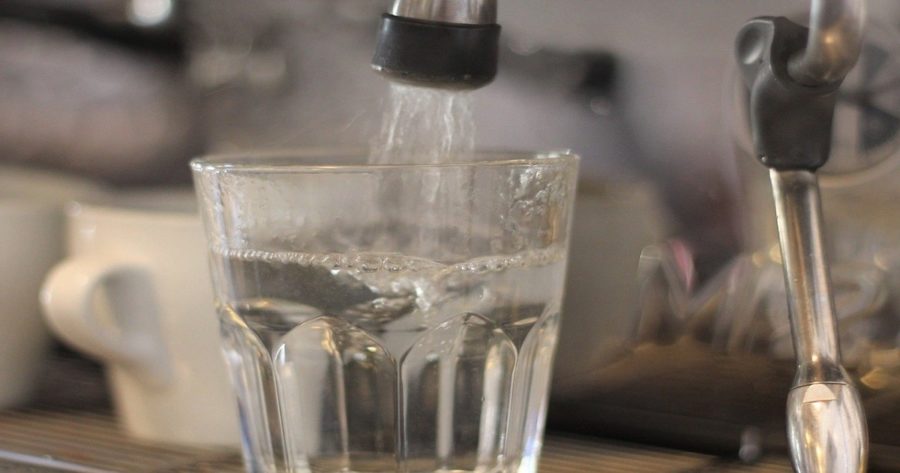Ahousaht First Nation First Nation Gets Clean Drinking Water
- TDS News
- Canada
- Indigenous
- Trending
- August 24, 2022

The Ahousaht First Nation people celebrate the completion of their new wastewater treatment plant
Water is a fundamental human right essential to the survival of humanity, whereas Canada’s Indigenous people for decades have been denied that basic right to clean drinking water. Science states that a human being can last three weeks without food but can only survive 3-4 days without water. Dehydration sets in, and they go into shock, becoming vegetative. In other words, water is the most important thing, yet billions of people worldwide don’t have access to clean drinking water.
Until 2015, a vast number of Canada’s Indigenous communities were still under boiled water advisory. The advisory signals the water is unsafe for human consumption.
Today, the Ahousaht First Nation people celebrate the completion of their new wastewater treatment plant, located at Ahousaht First Nation’s Maaqtusiis Reserve No. 15. As part of the agreement with the Federal Government, the new plant will be maintained by trained members of the
The new plant is a long overdue replacement of a facility that provides water that was unsafe for consumption. Unfortunately, this problem is not an isolated problem on first nations reservations.
According to the government, the new facility will comply with federal regulations, provide adequate treatment for biological and other contaminants, and be built to sustain future population growth.
“Ahousaht Nation acknowledges the collaborative effort that has been undertaken to accomplish the completion of the new wastewater treatment plant. As an oceanic people, our marine ecosystem and aquatic food systems are integral and interconnected to our way of life. The improvements offered through this updated waste water treatment facility will not only sustain our effort to enhance and protect our environment, it will also greatly improve our quality of life. Thank you to former council, the Government of Canada and all of the workers that have made this possible.”
Chief n̓aasʔałuk (John Rampanen) Ahousaht First Nation
“Wastewater plants are not always well understood as the critical infrastructure pieces that they are, but they play such an important role in community safety through water and environmental management. Ahousaht First Nation’s new plant will help the community better manage sewage treatment, protect local marine ecosystems, and is built with future population growth in mind. Indigenous Services Canada and the federal government will continue to help First Nations build more infrastructure projects like this one, and congratulations to everyone involved in making this wastewater treatment plant a reality!”
The Honourable Patty Hajdu, Minister of Indigenous Services
The Government of Canada is working with First Nations communities to achieve clean drinking water on reserves. Since November 2015, and as of July 8, 2022, 132 long-term drinking water advisories have been lifted, with 34 remaining in 29 communities. In addition, 222 short-term drinking water advisories have been prevented from becoming long-term.








